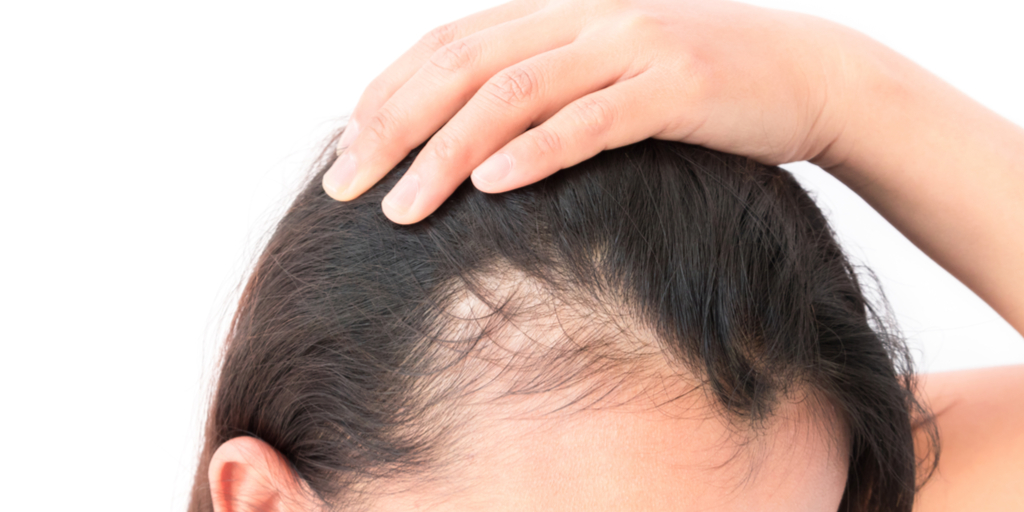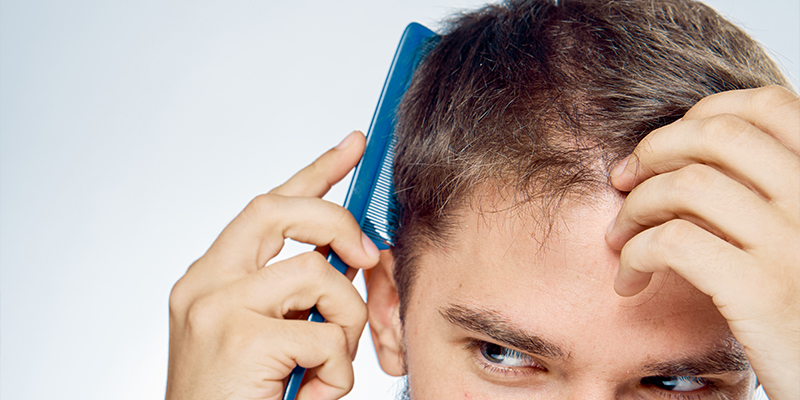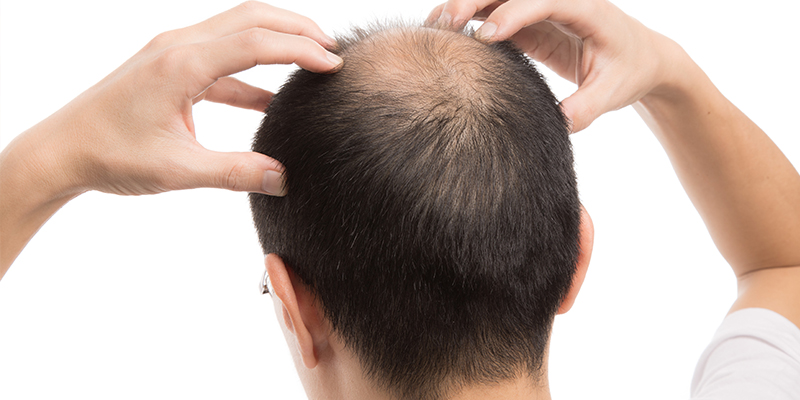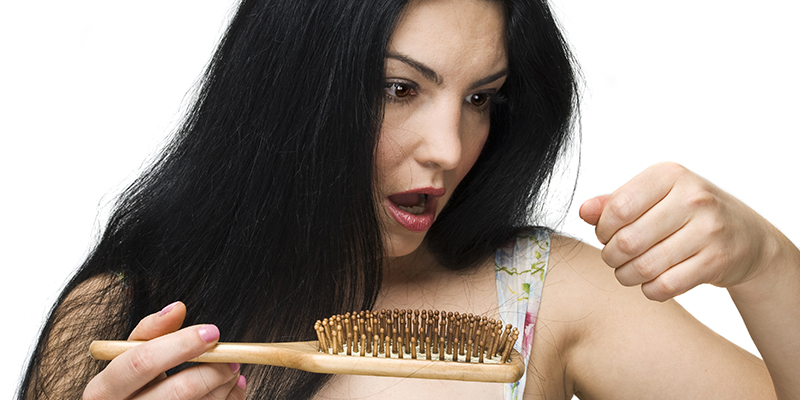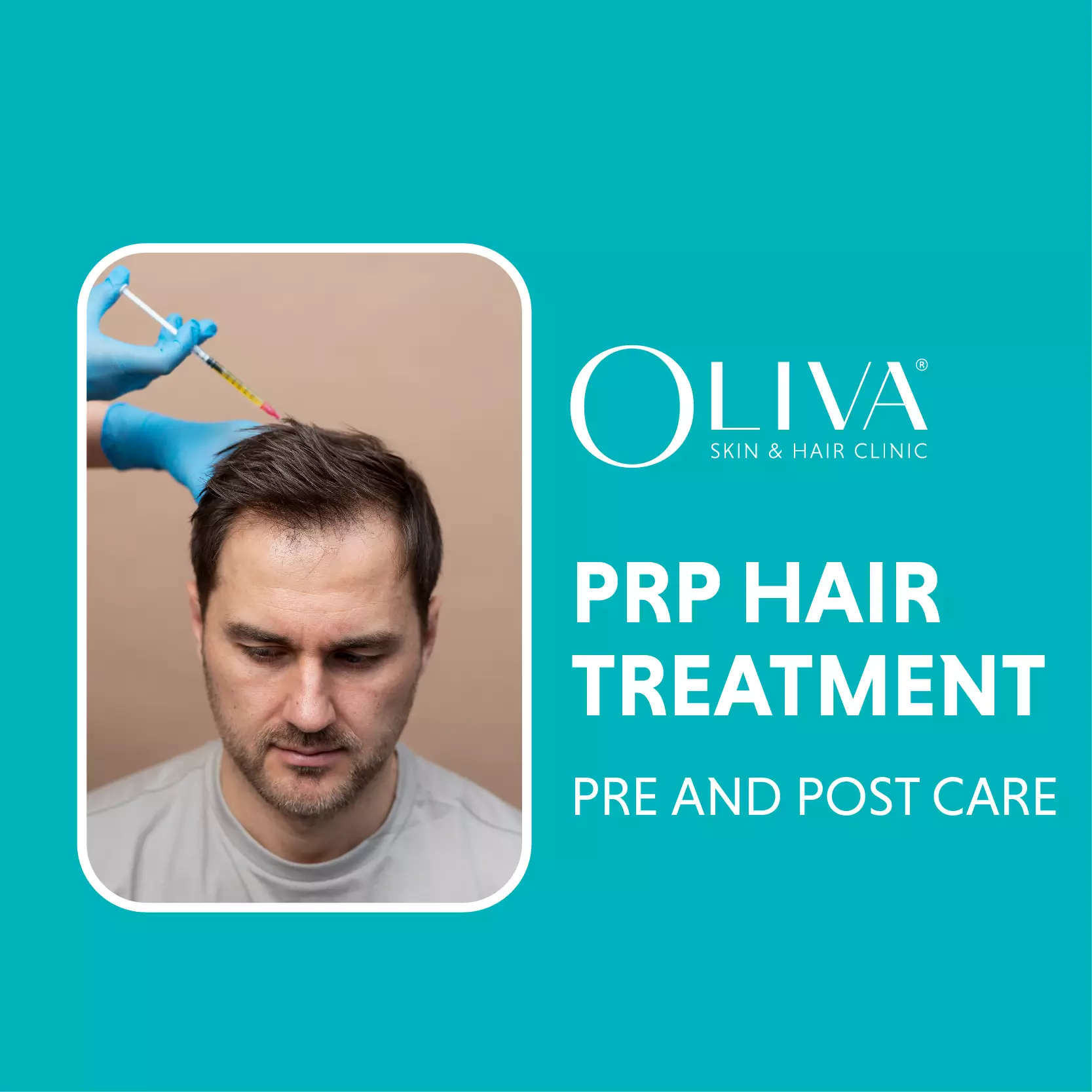Can Weight Loss Cause Hair Loss?
Lot of people complain of unexpected hair loss during their weight loss training. Mostly, it starts as a temporary hair thinning but if left unchecked, the problem can become progressive. The thinning of hair strands and hair fall due to weight loss is a complex phenomenon. There are some specialized techniques for hair regrowth after weight loss, which can resolve this issue.
Does Weight Loss Really Cause Hair Loss?
Yes, sudden weight loss and hair loss can be associated with each other. There could be all kinds of triggers for hair loss, and rapid weight loss could be one of them. In order to lose weight, our body goes through a lot of changes. During the process, it doesn’t give priority to hair regrowth. Even when we go through a weight loss surgery, our body reacts to it in different ways. Rapid weight loss resulting in hair loss is one of the vital side effects of it.
Must Read: Non-Surgical Hair Regrowth Treatments
Why Rapid Weight Loss Leads To Hair Loss?
When our body goes through an unexpected weight loss, it mostly suffers from the lack of essential nutrients. This can have a direct impact on hair regrowth. A condition called “telogen effluvium” is also a result of hair fall due to weight loss. Our body follows a hair regrowth cycle with some hair strands being in different stages from others. The resting phase of the regrowth cycle is called telogen, which constitutes about 10% of our total hair at any time.
When our body experiences a sudden weight loss, it disturbs the natural hair regrowth cycle. It elongates the telogen phase and the total amount of resting hair on the scalp increases. As a result, the amount of hair loss surpasses the new hair growth. While the condition is mostly seen on the scalp, it can even affect our facial and body hair growth as well. The rapid hair loss due to weight loss can occur in both men and women of any age.
Must Watch:
How To Prevent Hair Loss When Losing Weight?
When weight loss causes hair loss, the effects are only temporary. If neglected, it can lead to permanent balding as well. Here are some tips to prevent hair loss because of weight loss.
- Start by identifying weight loss and hair loss symptoms. If you are able to see visible bald patches right after starting weight loss training, then consider it as an alarming situation.
- Don’t start weight loss training on your own. You should consult a dietician and follow a healthy lifestyle along with coach guided workout regimen.
- Avoid fast-forward weight loss training camps. You might be able to lose weight in less time, but it can have a long-term side effect on your body.
- Similarly, you should avoid weight loss surgery as it can cause the loss of hair from your scalp.
- Include foods rich in proteins and omega 3 fatty acids, in your diet, as it will help in nurturing the hair.
- Keep your body hydrated since dehydration can further increase hair fall.
- Regulate your weight by tracking it every week. Make sure that you don’t lose excessive amount of weight too soon.
Can You Regrow Lost Hair Due To Weight Loss?
Yes, it will. Since hair loss because of weight loss is not a permanent condition, it is quite easy to regain the lost hairline. To achieve this, a dedicated treatment for hair regrowth after weight loss is followed. Also make sure that you are getting adequate amount of calories and vital nutrients. Furthermore, a weight loss hair regrowth treatment is followed to regain the bald patches or lost hairline.
Treatments For Hair Loss Caused By Weight Loss
1. PRP Treatment:
PRP stands for Platelet-rich Plasma and it is one of the most recommended treatments for hair regrowth. It follows a non-invasive and therapeutic technique that can help both men and women suffering from hair loss. In this, a small amount of the patient’s blood is taken, which undergoes a centrifugal process. Then the activated platelets rich in growth factors are injected back in the bald patches on the scalp. This helps in rejuvenating the hair follicles and bringing hair regrowth naturally.
The injected plasma is rich in protein and PDGF (Platelet-driven Growth Factors). Not only does the plasma provides essential nutrients to the hair follicles, but also stimulates the dormant cells. This boosts the hair regrowth cycle, which was previously stagnant at the telogen stage. Ideally, multiple sessions of PRP would result in a uniform hair growth.
2. Hair Transplantion:
As the name suggests, healthy hair grafts are taken from a donor area of the patient and are transplanted to the bald patches. Since it is a surgical process, it comes with a few side effects like scarring. On the basis of the extraction method, it can be of different types –
- FUT (Follicular Unit Transplantation) – Here an entire strip of hair is removed from the donor area. Later, follicles are separated before being grafted to the infected areas.
- FUE (Follicular Unit Extraction) – In this, individual follicular units are extracted from the donor region and are carefully grafted to the bald patches. While it takes more time, it results in fewer side effects and almost no scarring on the tissue.
3. Medical Treatments
There are also various kinds of medical treatments that can help with hair loss due to weight loss. Firstly, a doctor would prescribe supplements for vital nutrients like vitamins and minerals. Patients are recommended to consume more Vitamin A, Vitamin B, Vitamin C, iron, zinc, and magnesium. Also, they are advised to take a protein-rich diet. In addition to that, several hair regrowth medicines and over-the-counter products can be recommended.
Must Read: PRP Hair Treatment Vs. Other Hair Treatments – Which Is Better?
4. Other Treatments
There are also a few other treatments for hair fall due to weight loss. A biotin treatment can nourish your scalp and provide your follicles essential nutrients. Minoxidil and finasteride can be recommended to boost hair regrowth. Laser therapy for hair regrowth is another new-age treatment that is gaining immense popularity. If the hair loss has reached an aggressive stage, then a scalp reduction surgery can also be performed. In this, the bald patches are surgically removed and the nearby area is stretched to make the hair loss less visible.
FAQ’s
- Does obesity cause hair loss?
There are different factors for hair loss and obesity can be one of them. Weight gain and hair loss might not have a direct link, but one can suffer from hair thinning and temporary hair loss due to obesity. One of the main reasons for hair loss and weight gain is the sedentary lifestyle, which results in the lack of oxygen in the body. Also, when the amount of cholesterol is increased in the body, it boosts the level of DHT, which can cause rapid hair loss.
- Is hair loss one of the side effects of fat burners?
Yes, hair loss is one of the major side effects of fat burners. This is because fat burners drastically increase the level of cortisol in our body, which is a stress hormone. It can lead to anxiety and stress that can cause unwanted hair loss. Also, it increases the level of DHT in our body.
- Can weight training cause hair loss?
While weight training might not have a long-term effect, it can lead to temporary hair loss. After a rigorous weight training, the amount of testosterone in our body is increased. A large amount of this can be converted to DHT (dihydrotestosterone). DHT is a highly active form of testosterone that can play a vital role in hair loss.




